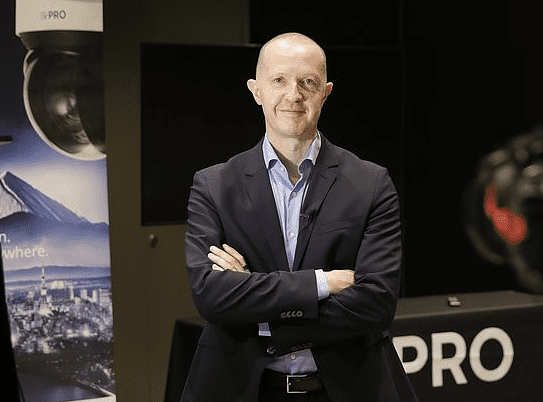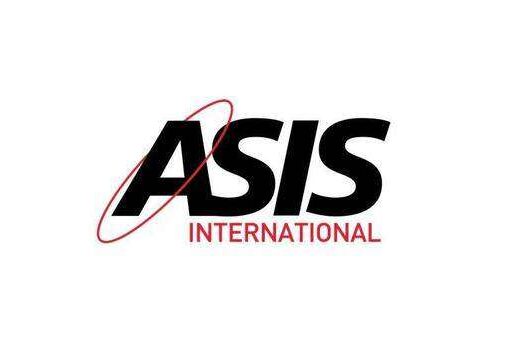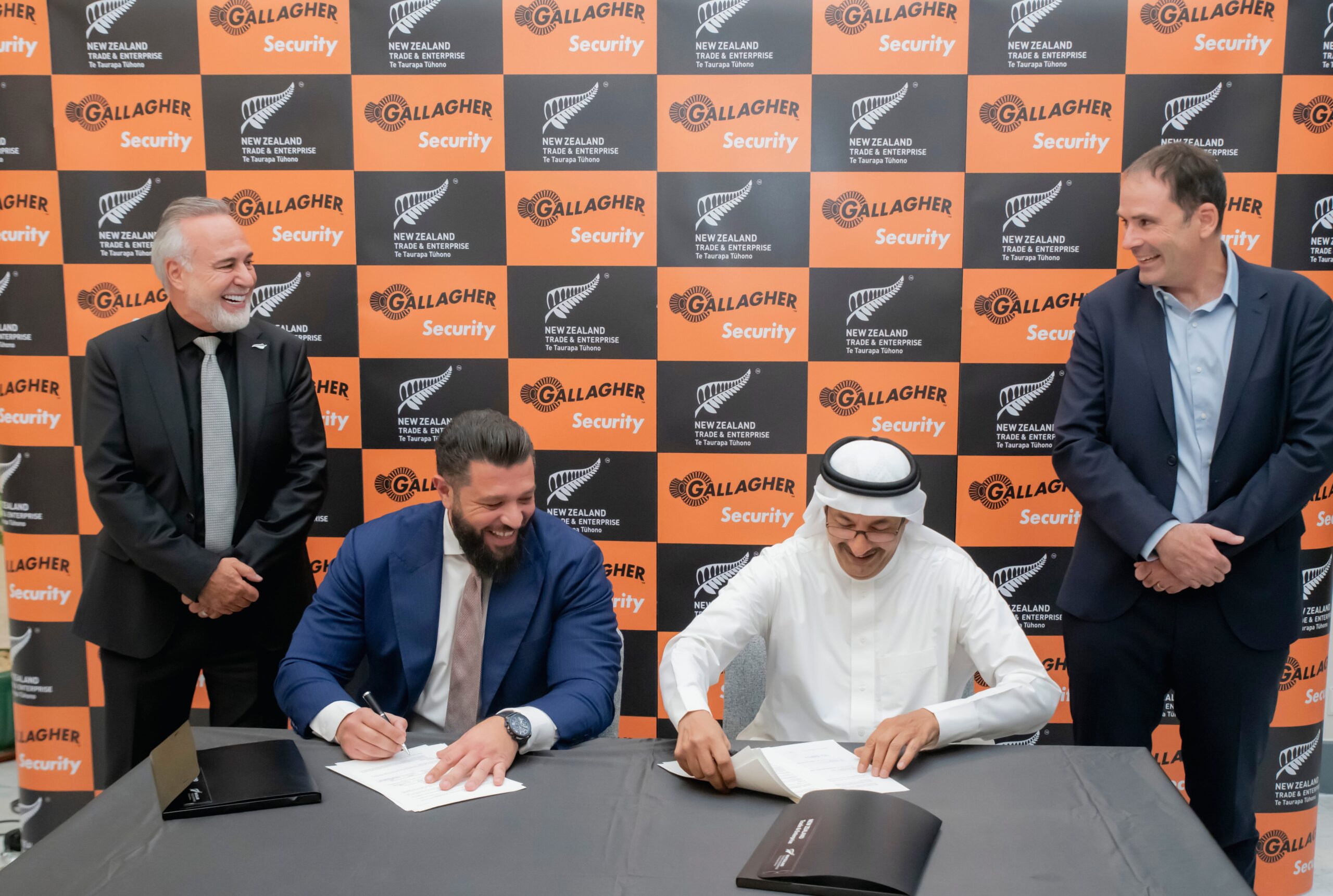MASS SHOOTINGS – multiple deaths and injuries at the hands of an armed individual or individuals – invade our newsfeeds with depressing regularity, with the worst in US history taking place in Las Vegas, Nevada, under a month ago.
Discussions about the role security can play in reducing the impact and level of fatalities inevitably follow each atrocity, and increasingly, the use of intelligence technology comes to the fore.
As part of SSN Gulf’s Women in Security series, Jana Rankin, CEO of US-based company VuTeur, creators of intelligence software for emergency management and asset protection, talks about the role technology can play in saving lives, not just in the USA, but globally.
Having identified the issue of a lack of women in the regional security industry, SSN Gulf has embarked on a series of articles to address this imbalance. Jana is a prime example of what women can achieve in the industry.
She founded VuTeur in the USA in 2014, and by 2015, the company created a security platform for schools, to use in the event of an emergency, to give pupils and staff more time to take cover and receive potentially lifesaving information from first responders through their devices.
A high flyer and achiever, with a background as a CEO of a direct mail marketing company, and in venture capitalism, co-founding a successful incubator for start-ups, Jana transitioned easily into the security industry.
“Our technology is new and cutting edge, which helps to drive a level of curiosity from the veterans in the security industry. It seems once they feel confident with our level of commitment and experience, we just seem to work well together,” she says.
“I have great respect and admiration for the individuals and leaders who stand on watch ready to defend and secure our facilities, and interestingly enough, I have found that they have great respect for women. So, while one may have expected it to be a challenging transition, it has been a joy working with and getting to know everyone in this industry both male and female.”
While she admits that the security industry in the USA does currently seem to draw more men than women, she highlighted the importance of campaigns like our Women in Security initiative, and, the need for mentoring to help address the issue.
“Recognition goes a long way in the business – which is why an article and focus like this is such an excellent way to shed light on the women who are shaping the industry. We have to create a culture of celebrating female leaders who are successful, which allows those who are more junior in the field to understand the kinds of success they can have in this business.
“As leaders, women can also reach out to more junior-level women to mentor them through the challenges they face and brainstorm ways to address these issues and others that may arise.”
Returning to Jana’s work, it is important to state that the mass shooting is among security’s worst-case scenarios, but such atrocities demonstrate how vital technology can be in saving lives.
A brief study of a the timeline of Virginia Polytechnic Institute shooting in 2007, in which there were 32 fatalities, is a case in point.
The first two fatal shootings took place at 7.15am, but the institute did not begin to send out warning emails to students until more than two hours after that event.
The gunman went on a second rampage 20 minutes after the warning was sent, killing 30 more people. The institute only sent out text message warnings 10 minutes after the second incident was under way.
The ubiquity of smartphones – with more than 80 per cent in the US owning them as of 2016, compared to just 6% in 2007, at the time of the Virginia Tech incident, has enabled the flow of real time information.
Features of VuTeur technology include real time alerts, such as, silent warnings which won’t draw the attacker’s attention to the presence of a potential victim, information on escape routes, and facility for law enforcement personnel to access it remotely to gather intelligence.
While the technology was initially designed for schools, it has since been used and adapted for a number of settings, among them healthcare facilities, airports and retail outlets.
For Jana, the motivation to adapt technology for use in the security industry was realising its potential to save lives.
“In today’s uncertain world, we can’t predict what’s going to happen concerning attacks or potential tragedies, but preparedness goes a long way in setting organisations up for success if the worst happens,” she said.
“The bottom line is that we must have a plan in place to address incidents before and as they occur – in real-time – instead of retroactively. Technology like VuTeur’s platform allows organisations to do this by enabling real-time incident response and emergency management, putting the protection of people and assets at the centre of an organisation’s focus.”
While the technology may have been created in the US market, it is transferable to any region, with VuTeur harbouring ambitions to become a more global company within the coming years.
“The platform is applicable in most vertical markets and regions where security is paramount, such as in the Middle Eastern/Gulf market,” says Jana.
“We consider our product to be an additional layer of protection that helps stakeholders identify, locate and interact with individuals within a building both on a day-to-day, communicative basis and in the event of an emergency situation.”






















